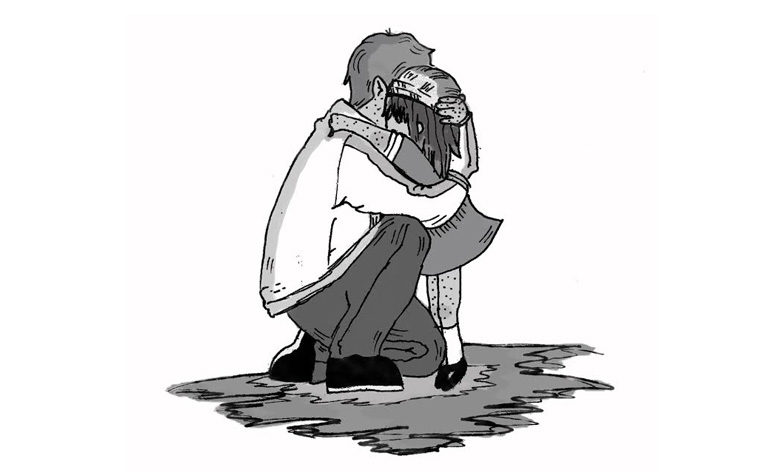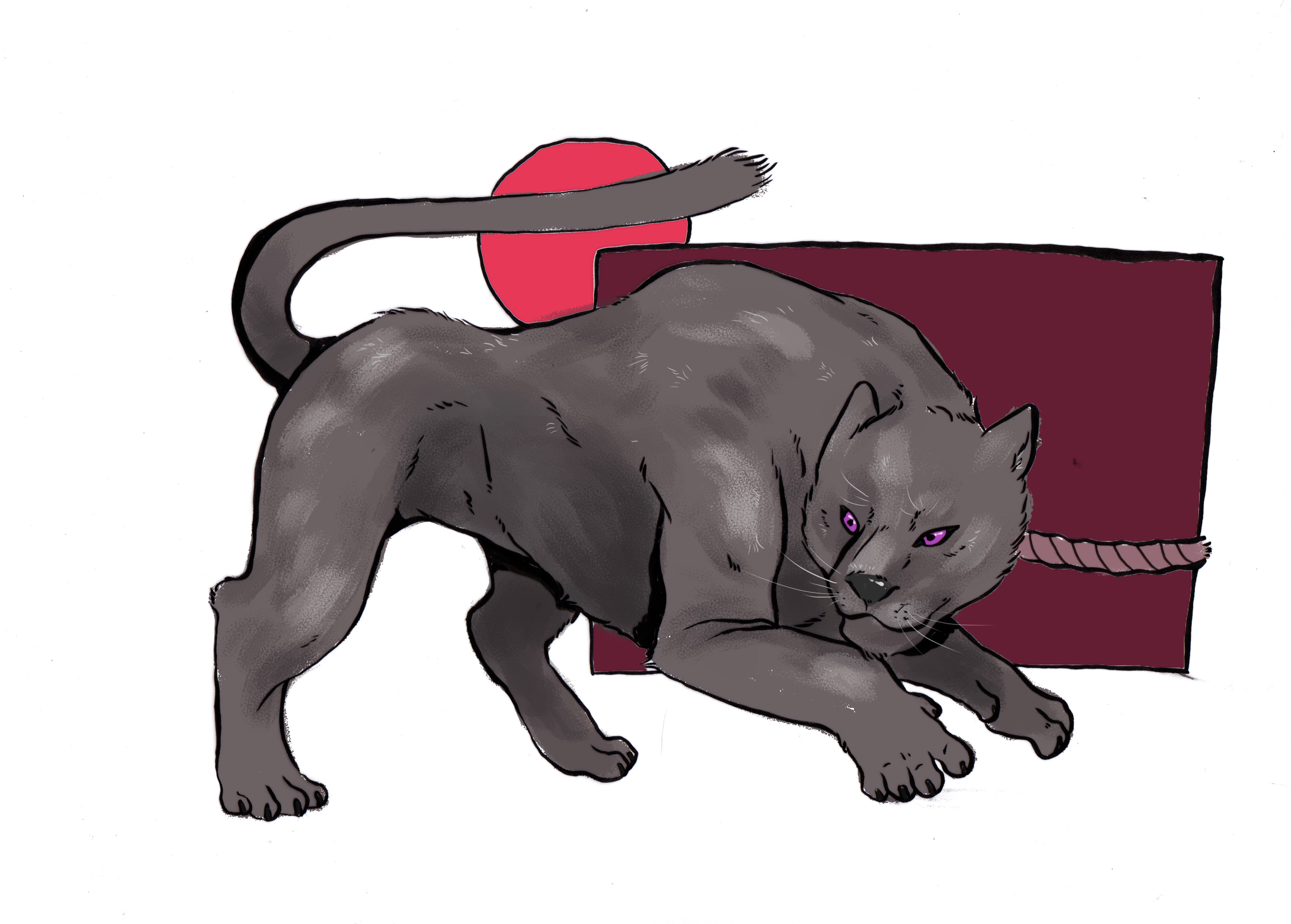When the creative team behind Retro Hero started filming this summer, they had not yet raised the $18,000 they needed. But with the help of an Indiegogo campaign, sponsorship by Amtrak, a grant of new equipment, and the dedication of over 80 students, they were able to forge ahead.
“It was just an amazing group of people,” said Markus Lin, director and director of photography. “Everyone donated their time and resources and believed in the project and came together. To me, that’s what was so special about Retro Hero.”
This is PSU.TV’s flagship Annual Film Project, an entirely student-produced feature length film. Last year they put out a call for scripts and selected Dom Peña and Emma Kent’s Retro Hero, the story of Eliza, a competitive gamer who must compete in order to defend her father’s legacy and ameliorate her family’s financial struggles. Auditions were held in July, and shooting took place over the summer.
The cast, crew and production team for this project, which ranged from 20 to 40 people just on the set each day, are all student volunteers. One PSU alumnus of the film program even donated his time and taxi bus to drive people home at the end of the night when filming ended at 2 a.m.
The set location was also given to them free of charge. Superplay, an arcade in Beaverton, donated the use of their space, including a laser tag arena in which they created a virtual reality world. “They believed in the cause and the film,” Lin said.
However, there were some limitations because of lack of funding, including locations they couldn’t get and some days when they couldn’t continue filming because they didn’t have the money to feed the cast and crew.
It was a learning experience for everyone. The majority of the crew had never attempted a project like this. That meant there were several teachable moments. It made communicating positive criticism after 10 or 12 stressful hours on set a specific kind of challenge.
“It’s not like another set or job where if you do something wrong you get fired or leave. That person is there to learn and to do their best and you want everyone to succeed,” Lin said.
In fact, providing this kind of experience for students is a primary value of the AFP and the Portland State film community.
“It’s the perfect environment to make a mistake, to work out a lot of your nerves about being on set,” said T.J. Hunt, the project’s director of PSU.TV. “It’s good to have a place where you’re making something of this scale, but you still have the opportunity to learn and you’re allowed to grow.”
Now that Hunt and Tarquinn Boyatt, the film’s head editors, have finished logging each shot, they will begin the creative process of editing from over 9,000 gigabytes of footage. Once Lin is pleased with the editing and how the scenes flow from one to the next, it will be handed off for sound design, including an original score and visual effects. They hope this will happen in January and are aiming for a March release date.
Then the piece will be sent to film festivals around the country and the world. Most of these festivals have exclusive premiere rights, which means they can’t premiere the film until after it’s been submitted and they know where it has been accepted. After the festival circuit is done, they’ll premier the film in Portland and eventually post it on the PSU.TV YouTube channel.
In addition, “Turtle Fire,” the 16-bit arcade game designed specifically for and featured in Retro Hero, will also be made available online for anyone to play.
But while Retro Hero moves into the next phase of production, the next Annual Film Project will commence with a call for scripts this term so that the next film can begin shooting during the summer of 2017.
“The hope is to have one of these every year,” Hunt said. “We want to give people a great learning experience. We’re hoping to keep it up.”
The intention behind the AFP is not only to give students a feature film on their resumes, but to integrate with the film department. According to Lin, the film department has an exceptional studies program and they teach students how to tell and dissect a story, but it is often difficult for students to gain direct production experience.
The AFP is attempting to fill that need. They want all students to be able to use professional equipment before they graduate.
“Our view is that the more qualified people are coming out of PSU, the more our own degrees are worth,” Boyatt said. “By raising the community, we’re trying to make PSU the most viable film school it can be.”






